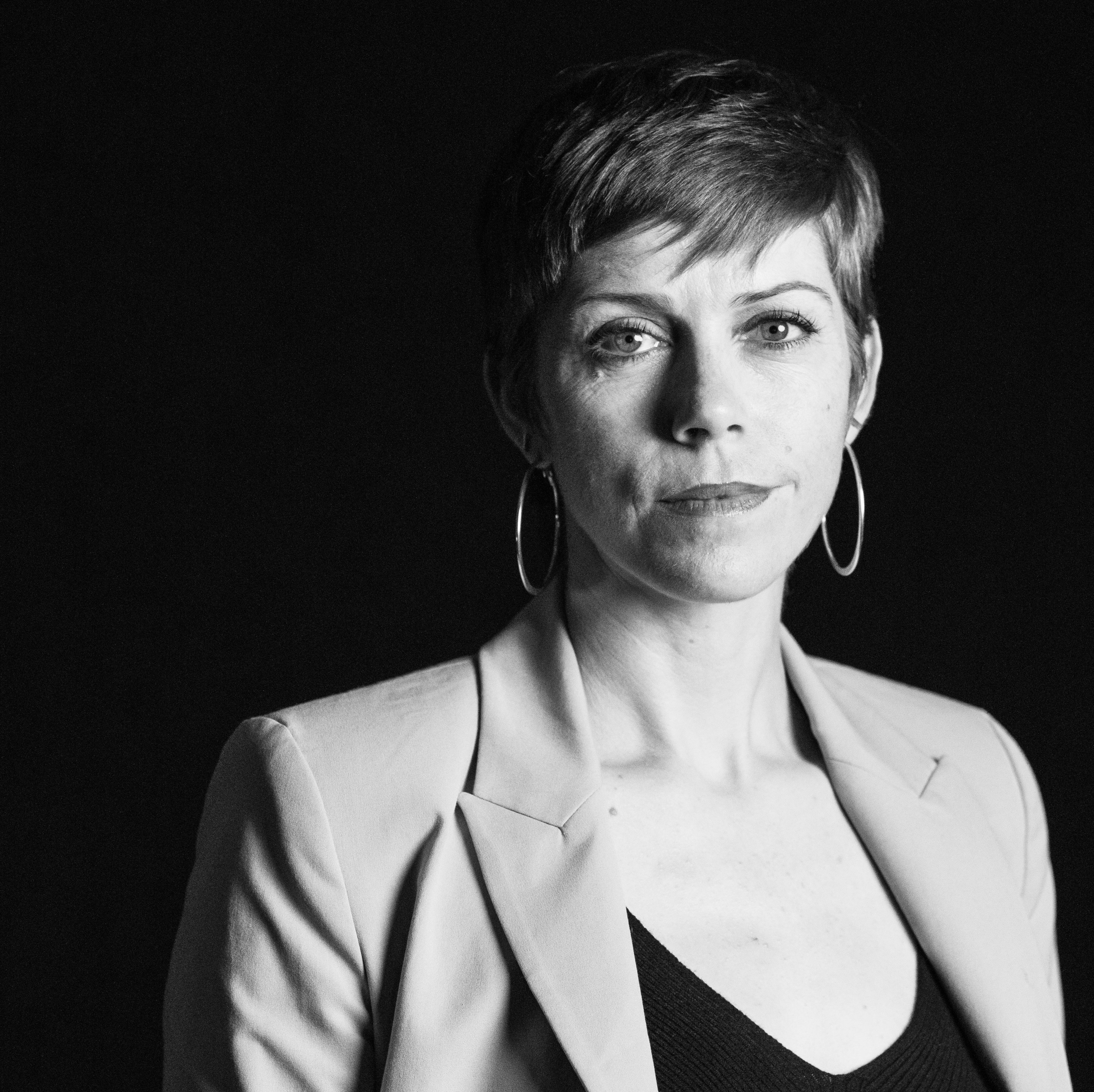
The Route: The Untold Story of the New Migrant Underground
The project:
The Route is an immersive narrative tracing a major new migrant underground. This deadly gauntlet draws refugees from around the world to begin a hazardous trek from Brazil to the US-Mexico border, carved out by the fixers, forgers, officials, and smugglers cashing in on a billion-dollar, globe-spanning black market and held together by the thread of the American dream.
From The Route:
Monday, Tuesday, Wednesday, Thursday, Friday, Saturday—every day of the week except Sunday—Ethiopian Airlines Flight 506 leaves Addis Ababa Bole Airport, with a scheduled 9:50 a.m. departure. Covering more than 6,000 miles, ET 506 lands roughly 12 hours later at São Paulo Guarulhos International Airport.
Officially speaking, ET 506 originates in Ethiopia and ends in Brazil. Yet for those who know—and they number in the thousands—ET 506’s final stop is, in fact, 9,000 miles north. For many of its passengers, hailing from practically every country on the planet, ET 506’s true destination is the United States.
When ET 506 appears on the board, a buzz begins at Guarulhos Airport, tucked into the outer edges of São Paulo’s sprawl. Inside the shiny terminal, people start to line up outside the glass automatic doors, awaiting the arrivals. But many of the passengers don’t hesitate when they step out of the doors with a swish. As previously instructed by their local agents, who sent them onward from the regional nexus of Mumbai, Dubai, Istanbul, Nairobi, Lagos, even Moscow, they shoulder their backpack or grip their rolling suitcase and immediately turn right, heading toward the far side of the terminal, to the federal police office conveniently located right inside the airport.
Just a few steps on, they pass the Starbucks where the smugglers wait. Well-dressed men with big gold watches and chunky chains around thick necks type away on smartphones at the cafe tables until their clients emerge from the office. Typically, the smugglers are not Brazilian, at least not by birth. Like ET 506’s primary passengers, they too are Arab, Asian, African. Months or years ago, they too boarded ET 506, lured by its promise. A plane flight becomes a password, a prayer, the key to a locked door. Once through it, they decided to stay in Brazil and get in on the big business of moving human beings north. The smuggled become the smugglers.
At the Starbucks, the agents usually don’t have to wait long. Right there at the airport office, arrivals can request asylum with federal officials and receive a temporary document that allows them to legally stay in Brazil while their request winds its way through a longer adjudication process. That temporary document, the “refugee protocol,” also allows them to obtain a national ID number, which serves as a work permit and grants access to public health services and schools. Many of the applicants don’t intend to stay in Brazil, but registering helps smooth their forward journey to the next country on the route to the US-Mexico border. Peru lies a mere 2,000-plus miles away, overland. But they’re not on their way just yet.
First, the handoff. When a newly-arrived traveler exits the federal office and approaches the Starbucks tables, the smuggler stands and holds his cell-phone screen outward, greeting the client with his own reflection. This selfie the client took back home serves as a guarantee, a receipt, a safeguard to know which is his agent, the next node in the network, the true span of which most have hardly fathomed. It’s how they know who to trust. Or so they are told.
The grant jury: The ambition and drive of this reporter takes one’s breath away. Molly O’Toole travels alongside refugees from countries such as Cameroon, Congo, Nepal, and Pakistan as they make their uncertain way toward security, and reports on the lucrative black market in human smuggling and the international attempts to police it. A powerful, gymnastic writing style makes room for nuanced context and analysis, and puts an intimate face on the global refugee crisis. Refreshing in its originality, bold in its scope, it stands to make a seismic contribution to the immigration debate.
Molly O'Toole was until recently an immigration and security reporter for The Los Angeles Times, as well as a fellow at George Washington University and Distinguished Visiting Journalist at Cornell University. O’Toole has covered migration and security for Foreign Policy, The Washington Post, The Atlantic, the Associated Press, and others. She was awarded the first-ever Pulitzer Prize in audio in 2020 along with the staff of This American Life and Emily Green, and has been recognized by the Livingston Awards and National Press Club. She is based in Washington, DC.